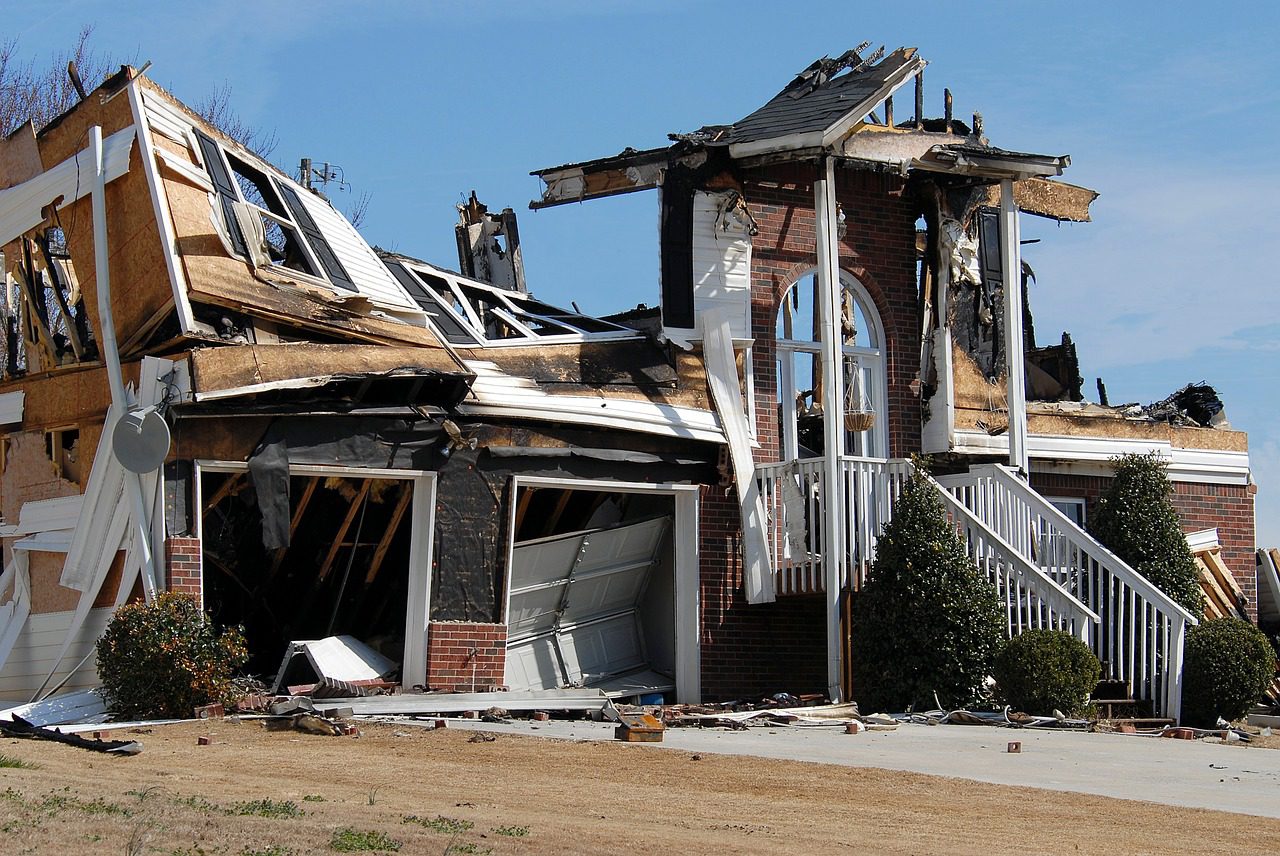
You’ve heard it before – “A man’s home is his castle” – and, in just as many cases, “A woman’s home is her castle” too! If you happen to be like most people, your home is probably your most prized and valuable possession. That’s why it’s important to make certain you are properly and adequately insured so that, in the event your home is destroyed or damaged, your homeowners’ policy will cover 100 percent of the cost to either replace it, or repair it.
Q: What can I do to make certain I’m properly insured?
A: When purchasing homeowners’ insurance, you can have your home, and its contents, insured by one of two methods: “replacement cost” or “actual cash value.”
Q: What is replacement cost?
A: Replacement cost refers to the amount it would cost to replace or rebuild your home or repair damages, using materials of a similar kind and quality, without deducting for depreciation (depreciation being the decrease in value because of age and wear and tear). If you are adequately insured, and have replacement cost coverage, your home will be replaced or repaired to its prior status. As an illustration, imagine your 10-year-old roof is completely destroyed, and would cost $30,000 to repair. Even though the roof has lost half its useful life, the insurer will cover the entire cost to repair the roof, if you have replacement cost coverage.
Q: What does actual cash value mean?
A: If you file a claim and the basis of coverage is actual cash value (ACV), this is the amount of money the insurer would pay you, after having subtracted depreciation. Once again, as an illustration, imagine your 10-year-old roof is completely destroyed and would cost $30,000 to repair. Assuming your 10 – year – old roof had a useful life of 20 years and ACV is your basis of coverage, the insurer would only be required to pay you $15,000, representing the “actual cash value” of the roof, which would not be enough to fully repair or replace the roof.
Q: What happens if I don’t carry enough insurance on my home and suffer a loss?
A: Many insurance companies require you to insure your home for at least 80 percent of its replacement cost. If your home is insured for less than 80 percent replacement cost, the insurance company may assess a “penalty,” and only pay for part of a loss. This is referred to as a co-insurance penalty. Insuring your home for the appropriate percentage of its replacement cost is extremely important.
Q: What factors might contribute to my home not being insured for at least 80 percent of replacement cost?
A: Making improvements to your home, such as finishing a basement, upgrading a bathroom or kitchen, or adding a new room, patio or deck, can increase the replacement cost of your home. Increases in the cost of building materials, labor rates, energy costs and inflation can add significantly to replacement costs.
Q: Wouldn’t I be better off insuring my home to 100 percent of its replacement value?
A: Yes, absolutely.
Q: Under a standard homeowners’ policy, are the contents of my home covered on a replacement cost or ACV basis?
A: Contents are commonly covered on an ACV basis, but many insurance companies offer an option to insure contents at replacement cost.
Q: Are there other coverage options I can discuss with my agent?
A: Yes. Just a few would be:
- Guaranteed replacement cost coverage
- Extended replacement cost coverage
- Building code upgrades coverage
- Automatic inflation guard coverage
- Content replacement cost coverage
Q: What can I do to ensure I maintain adequate homeowners’ coverage?
A: If you’ve made changes or improvements to your home, are unsure of what “loss cost valuation” method your policy contains, or are simply concerned about having and maintaining adequate coverage, you should contact your agent and request a coverage analysis as soon as possible. While making policy coverage decisions is yours — and yours alone under the law, as your independent insurance agent, I can help explain your options, so you can make informed decisions.


